Imane Khelif, the Algerian boxer representing her country at the 2024 Paris Olympics, is being accused of being a biological male. The controversy around these accusations stems from the fact that she is not a biological male; Khelif was born as a woman, identifies as a women, and even if neither of those things were true, she wouldn’t have been legally allowed to transition in Algeria on account of the heavy anti-LGBTQ+ legislation in the country.
Khelif was previously disqualified from the International Boxing Association Women’s World Boxing Championships after failing an unspecified eligibility test. The IBA suggested that the test proved that Khelif has XY chromosomes, but to this day, there is no public information regarding the parameters of these tests, nor is there any public information proving that Khelif has XY chromosomes or elevated testosterone levels.
Khelif was cleared to compete in the 2024 Summer Olympics by the International Olympic Committee, meaning she needed to comply with the governing body’s eligibility regulations, and seeing as Khelif was born female, has lived her entire life as a female, has always competed as a female, and will most certainly go on to live the rest of her life as a female, it was no great task for her to comply.
Simply put, if we lived in a world where transgender athletes were completely barred from competition with absolutely no exceptions, Khelif would have been allowed to compete, because Khelif is not transgender. These outcries are entirely rooted in something separate; namely, the discomfort towards the spreading revelation that bodies are simply not as biologically cut-and-dry as we may have once believed. There can never be true competitive integrity between two bodies, because no two bodies are built the same, and some people aren’t comfortable with that fact.
To that point, Khelif has clearly trained hard to get her and her body to the level that she’s at, and if that means she’s so good that she renders the competition competitively unviable (Khelif has nine losses in her career, by the way), then maybe the competition was never competitively viable in the first place.

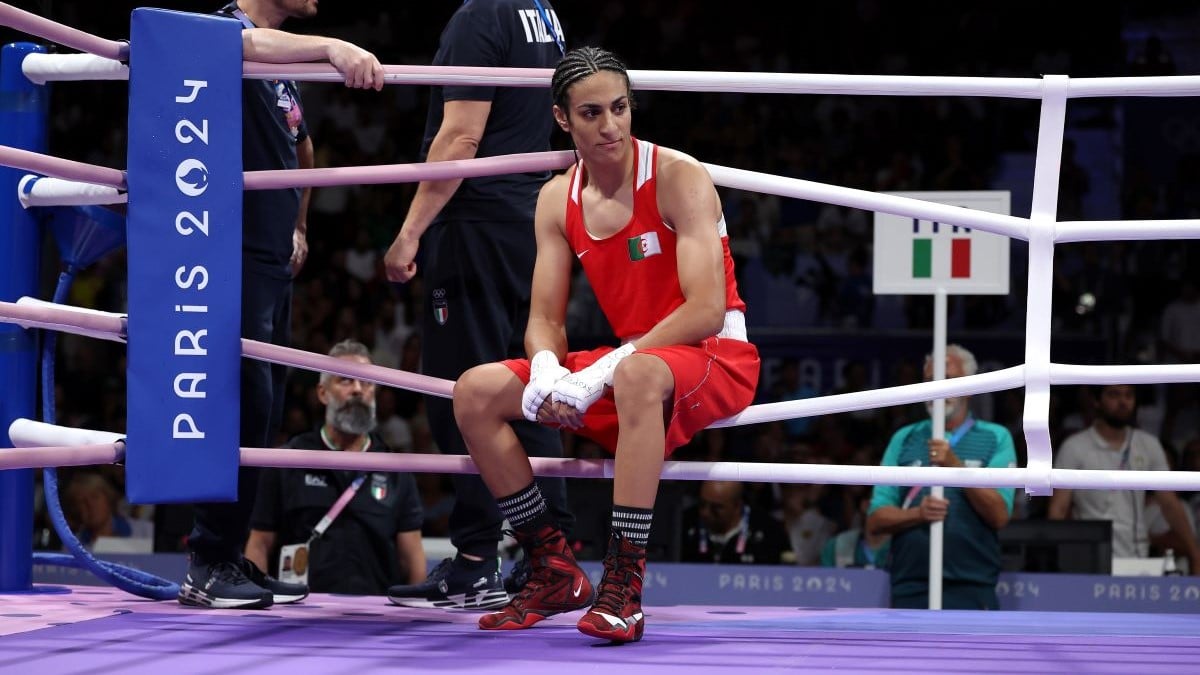
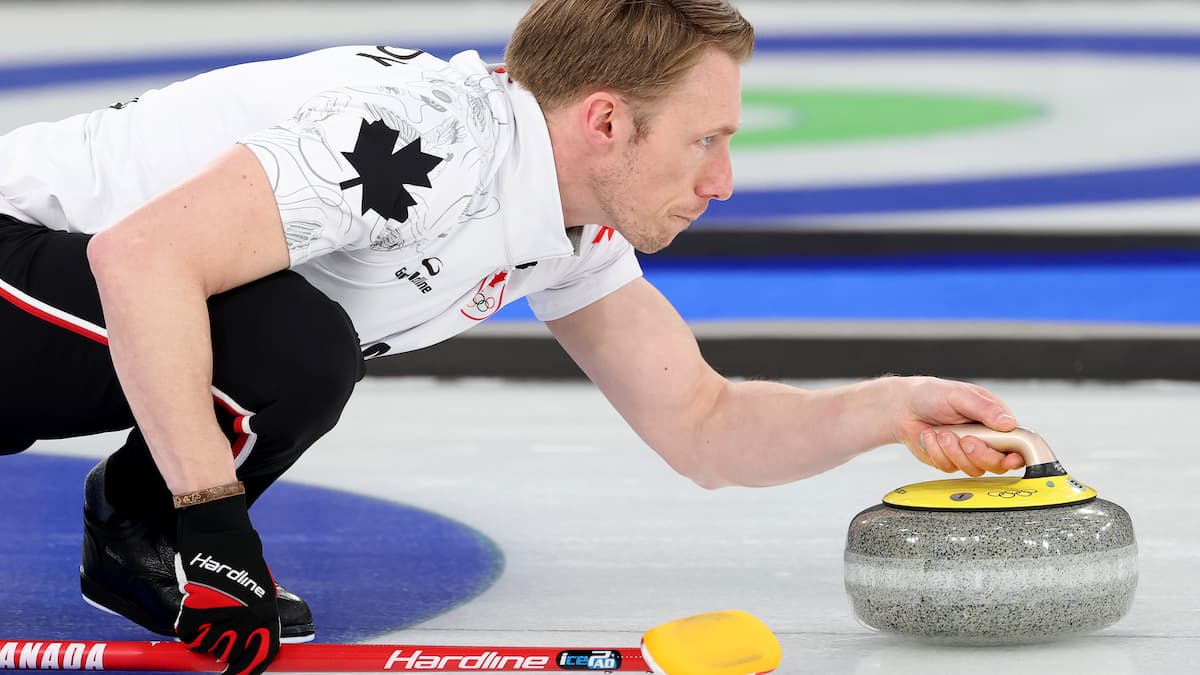

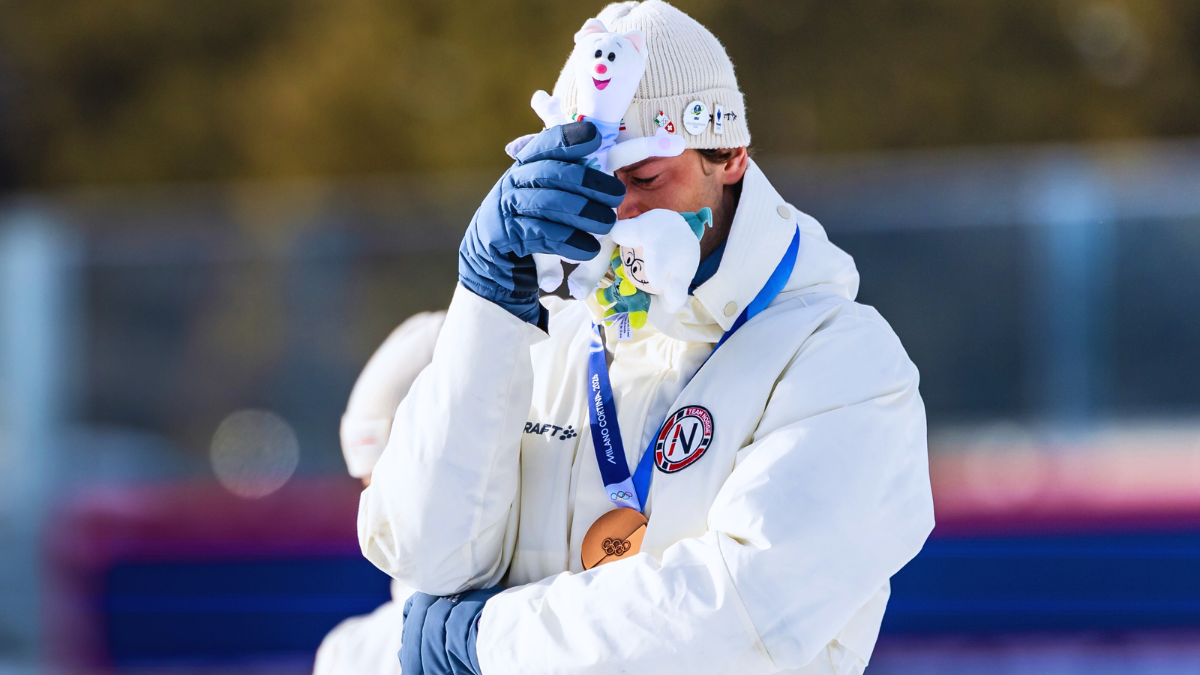
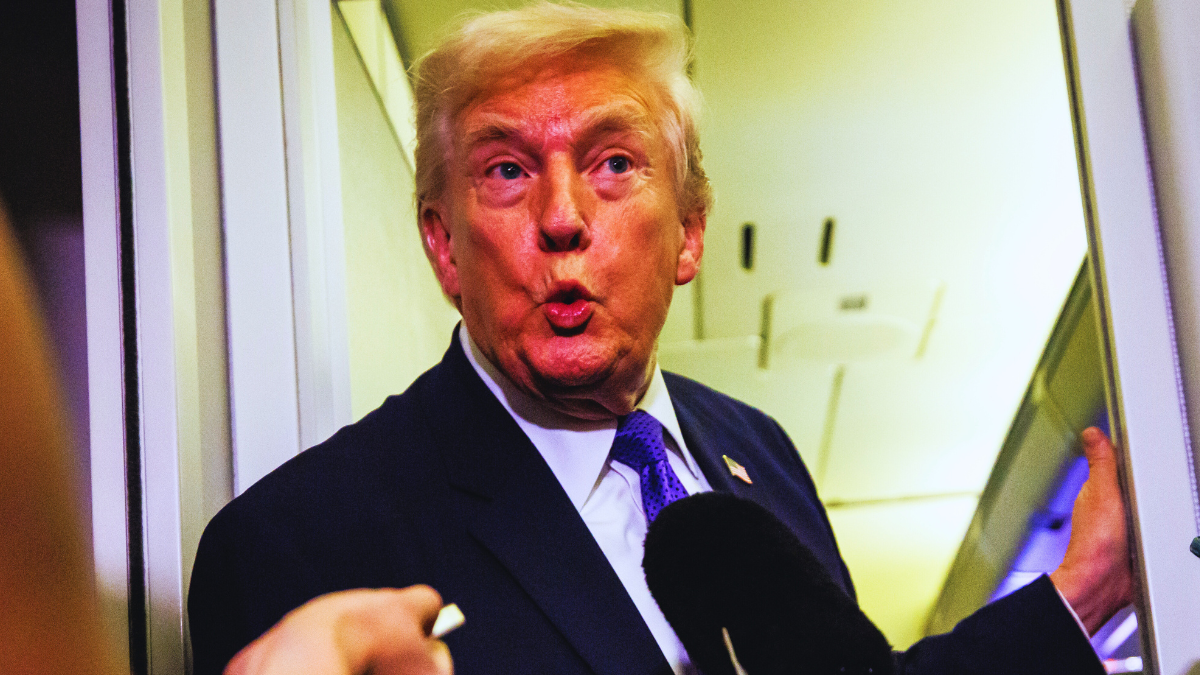
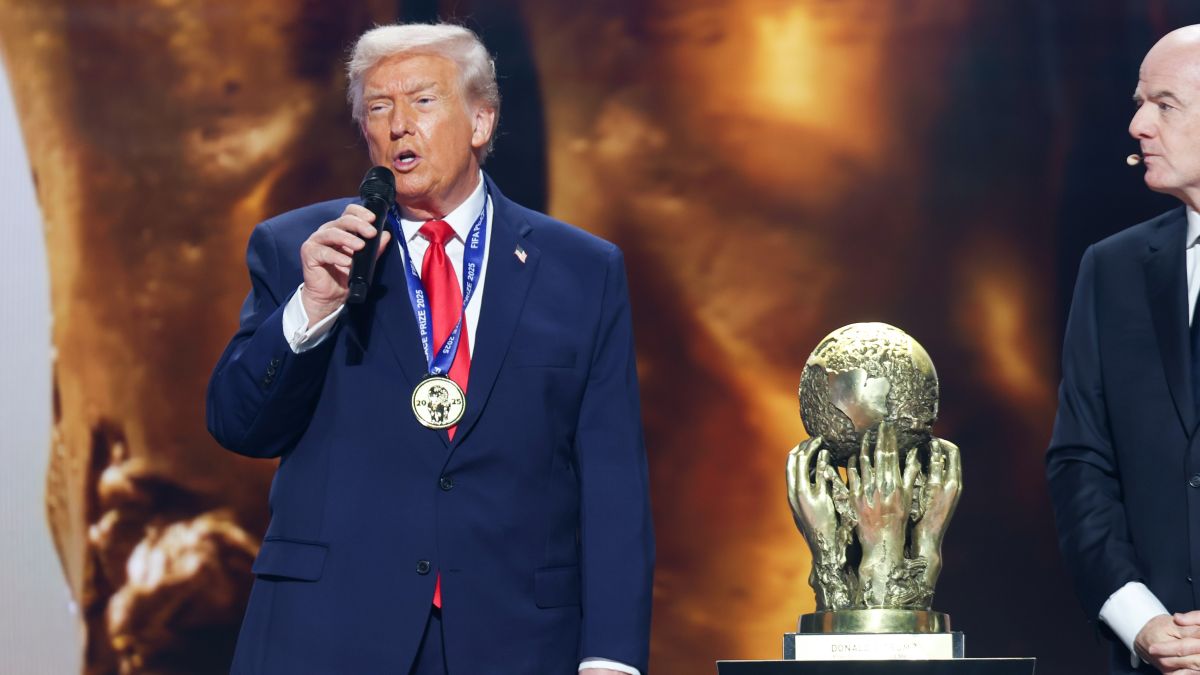
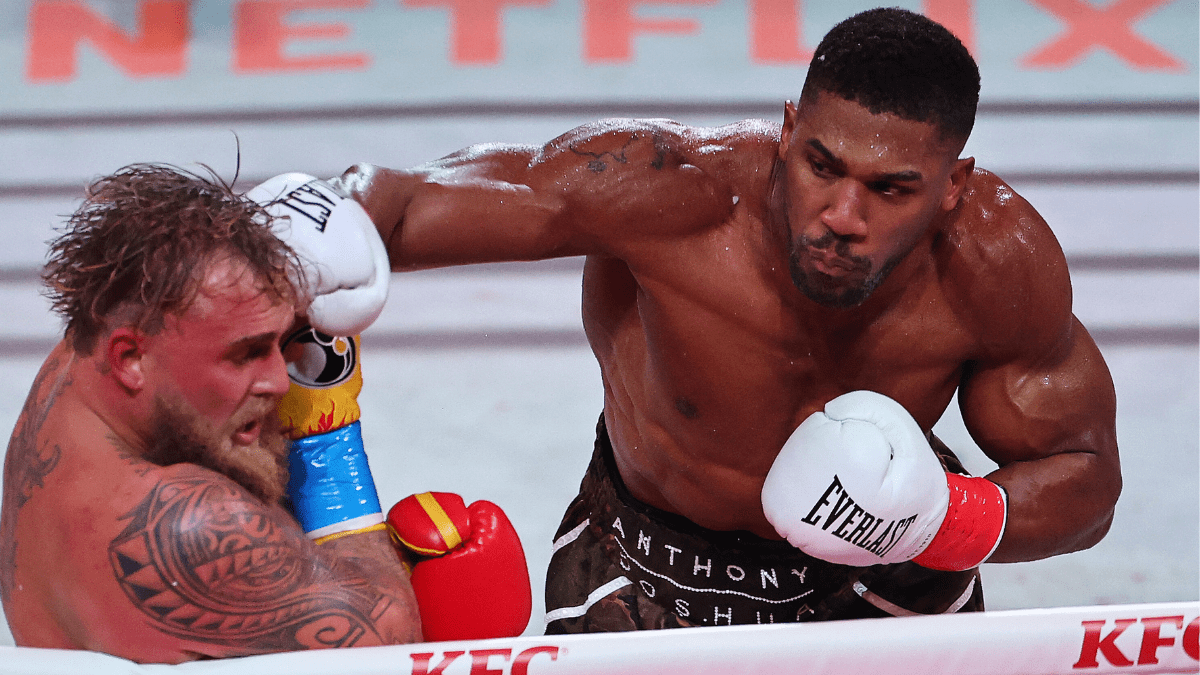
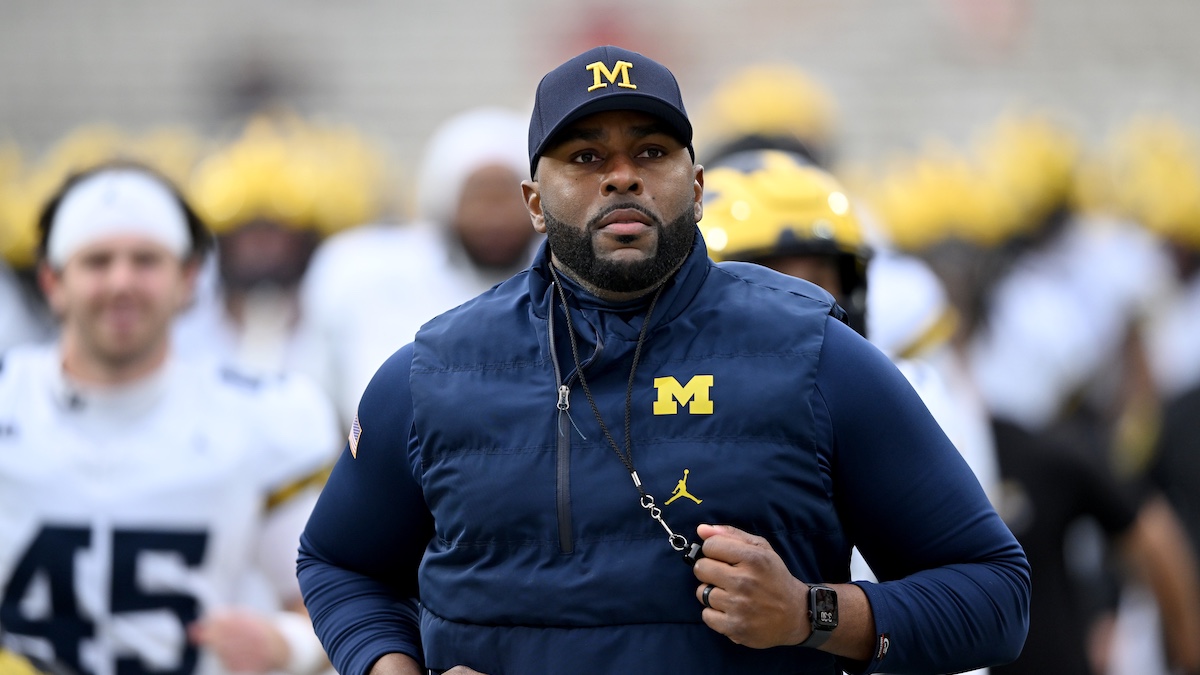
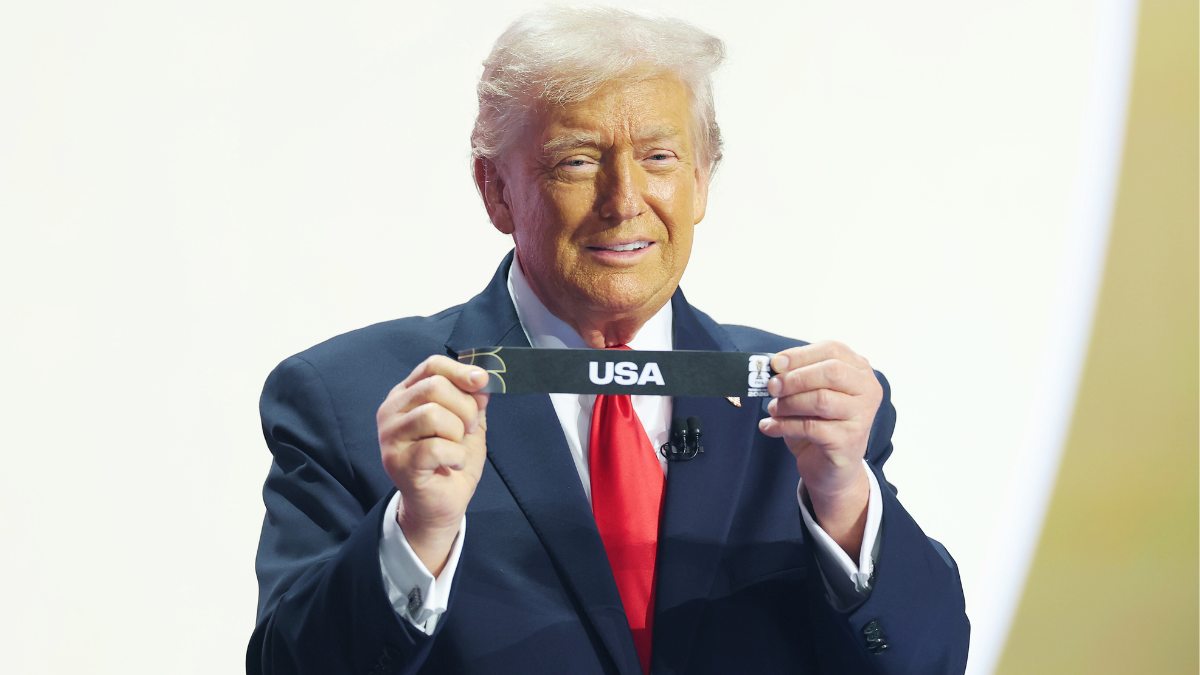

Published: Aug 5, 2024 08:01 am